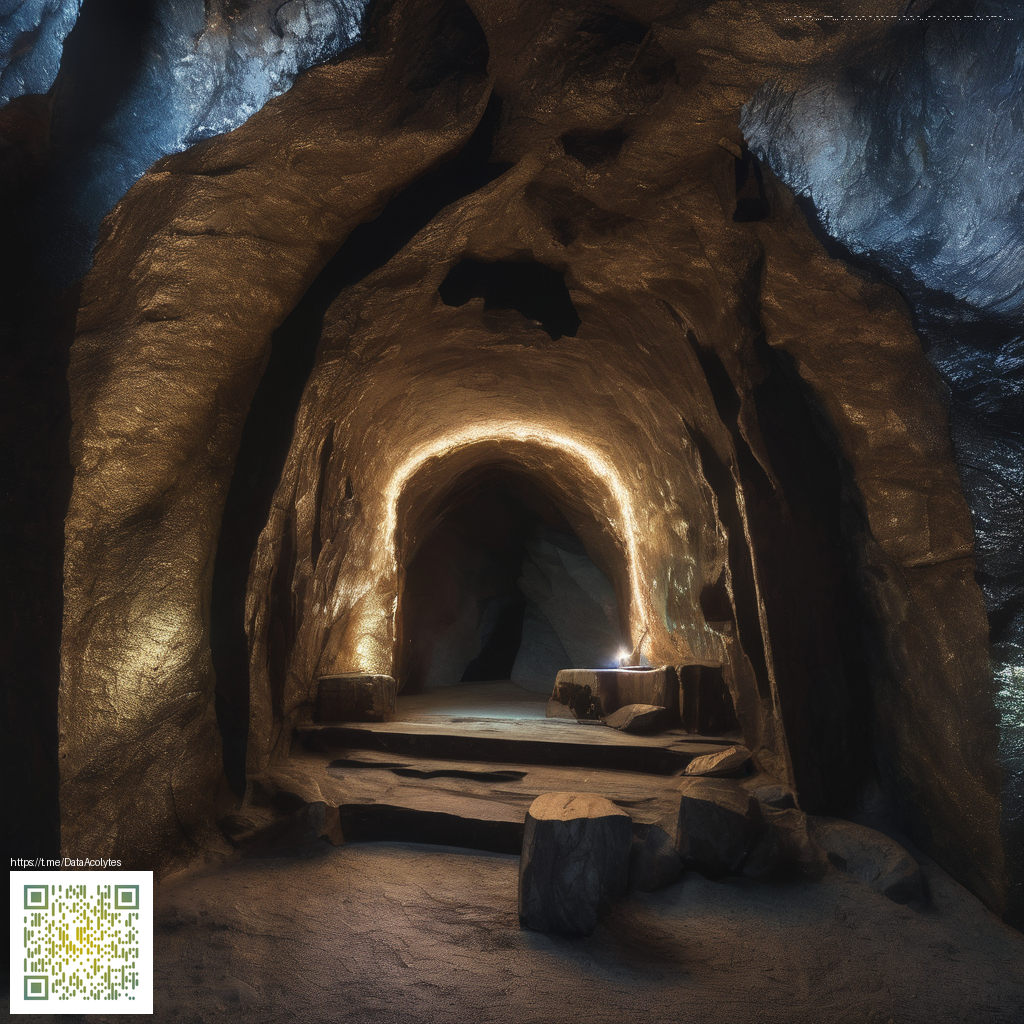
Story depth and player journey compare to classic RPGs
In the grand elder catalog of role playing games there are quests that dazzle with scale and battles that test reflexes. Then there is a title that leans into memory memory and meaning as its engine. The game asks a player to question identity and choices rather than simply hunt for treasure or seize the throne. The result is a storytelling experience that feels like an interactive novel wrapped in a fantasy skin.
The central question is not what hero you become but what you learn about your past and the world you inhabit. Its approach to narrative is cinematic in its pacing yet intimate in its scope. Where many classics reward meticulous combat or strategic party builds the emphasis here rests on conversations decisions and the subtle echoes those moments leave behind.
Structure and the weight of dialogue
The game leans on dense dialogue trees and lore heavy exchanges. Player choices shape relationships and reveal hidden facets of the planar setting. Endings emerge from a mosaic of conversations more than a single decisive victory on the battlefield.
- Dialogue driven progression that values insight over brute force
- Companion arcs that illuminate philosophy and culture across the planes
- Endings shaped by memory and moral posture rather than loot accumulated
Characters who leave a mark
The cast includes Morte the witty talking skull and Dak kin the stoic warrior among others who become mirrors for the players choices. Each companion brings a distinct worldview inviting players to reconsider what counts as triumph. The tone blends dry humor with philosophical inquiry and honest portrayals of the costs tied to power.
Comparing to earlier classics
Earlier epic quests often emphasize party management and a sweeping save the realm narrative. This title shifts the focal point toward introspection asking players to weigh personal responsibility against grand destiny. The setting Sigil and the outer planes serves as a canvas where belief systems collide and every decision ripples outward.
Developer voice and community resonance
Developed by Black Isle Studios within the Interplay family the game became a landmark for narrative ambition in RPGs. The writing team infused the work with a literary cadence that pushed dialogue design toward a novelist’s rhythm. In the years since fans have debated what endings mean and how different choices redefine the meaning of the protagonist life.
Community energy kept the conversation alive through updates and remasters. The Enhanced Edition from Beamdog revived access and modernized the interface while preserving the original voice. This revival also opened doors for modders to expand or refine portions of the experience without breaking its core tone. The result is a living community that treats the story as an evolving conversation rather than a fixed artifact 🎮.
Update culture and ongoing conversation
Updates tend to focus on accessibility tweaks, quality of life improvements and occasional content additions that respect the source material. The ongoing dialogue demonstrates how a strong narrative can outlast technological limits and shape how later RPGs approach story craft. The central attraction remains the player driven inquiry into what the tale means for the self and for belief itself.
If you crave a narrative heavy journey that honors the classic mechanics of role playing while inviting fresh interpretation this title still serves as a benchmark. Its emphasis on memory identity and choice offers a template for what a story driven RPG can accomplish when writing and world design are treated as equal partners. 🧠🎮
Phone Stand for Smartphones Two Piece Hardboard Desk Decor